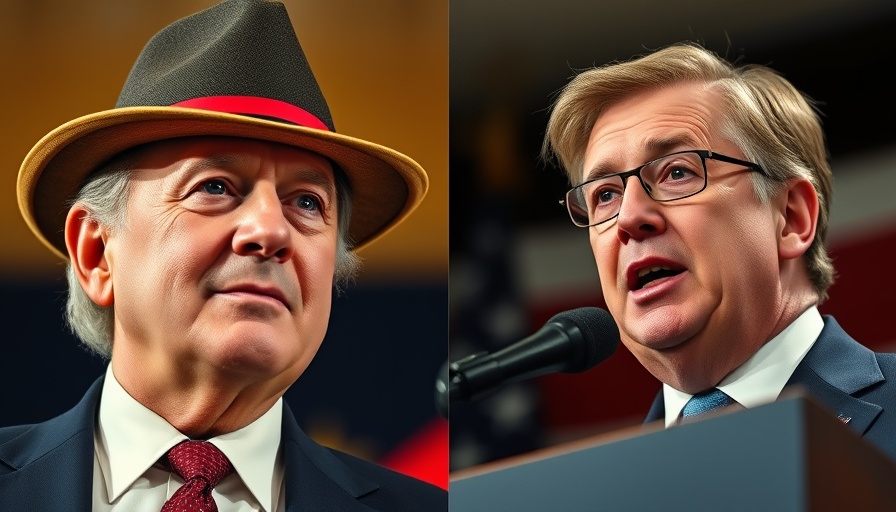
The Controversy Surrounding Noncitizen Voting Laws
In the age of polarization, few issues spark as intense debate as the question of noncitizen voting. A recent incident involving a blue-state congressman has emerged as a flashpoint in this discussion. Despite publicly claiming opposition to noncitizen voting, the lawmaker attempted to prevent legislation that aims to curb this practice, raising questions about inconsistency between his statements and actions.
The Political Landscape: Context and Implications
This situation reflects broader political dynamics at play in the United States. Specifically, it illustrates the tension between differing interpretations of voting rights among various political factions. Now more than ever, the degree to which citizens embrace or reject noncitizen voting is tightly intertwined with party identities and electoral strategies.
Challenging Myths About Noncitizen Voting
Opponents of restrictions often argue that claims surrounding widespread noncitizen voting are exaggerated. They contend that such fears fuel divisions, while supporters of the bans argue that protecting the sanctity of voter registration is paramount. This debate underlines significant gaps in public understanding and reveals how much misinformation can shape policy discussions.
Historical Context: Voting Rights Across the Ages
From the suffrage movement to today's battles over voter ID laws, the history of voting rights in the U.S. is fraught with conflict and change. Each era has seen shifts in who is entitled to vote and under what circumstances, making current debates about noncitizen voting part of a much larger story about democracy and representation.
Future Predictions: The Road Ahead
As we look ahead, many anticipate that laws governing noncitizen voting will continue to evolve. With ongoing pressures from advocacy groups on both sides of the political aisle, and heightened scrutiny as elections loom, we might see states enacting more stringent measures or, conversely, loosening restrictions based on shifts in public sentiment.
Public Reaction: Why It Matters
For many in the public, such actions from elected officials can feel disheartening, especially when they perceive a misalignment between promised policies and actual outcomes. Understanding the stakes involved in this debate is crucial for a well-informed electorate willing to hold their leaders accountable.
Your Voice Matters: Engage with the Process
As civic engagement continues to matter immensely, it’s crucial for citizens to participate actively in the conversation about voting rights. Whether through voting, calling representatives, or participating in community discussions, individuals have the power to influence the ongoing dialogue about who gets a voice in our democracy.
In conclusion, the controversy surrounding noncitizen voting is a complex, multifaceted issue that cries out for thoughtful consideration. As citizens become more aware of the layers involved, the hope is for a more informed discussion that leads to balanced policies reflecting the values of our democracy.
Your contributions to this debate are invaluable. Attend local forums or engage with advocacy groups to voice your opinions and ensure your views are heard. Our democracy thrives on active participation, so make your voice count today!
 Add Element
Add Element  Add Row
Add Row 



Write A Comment